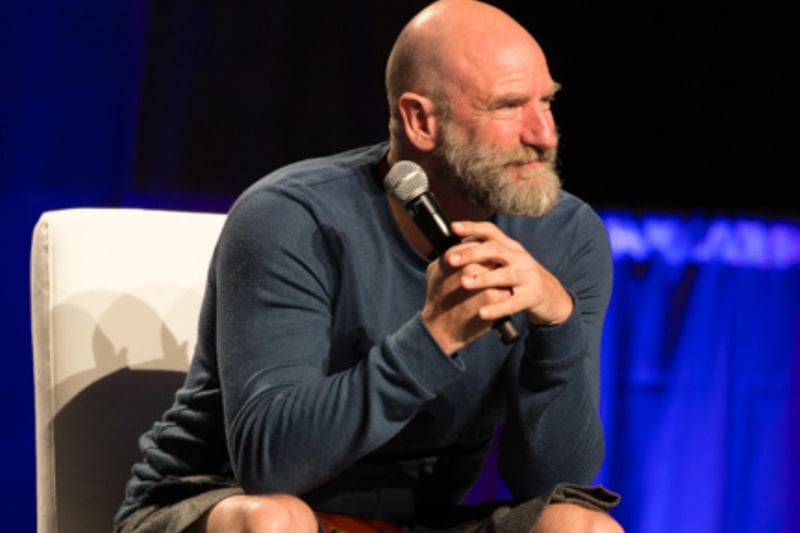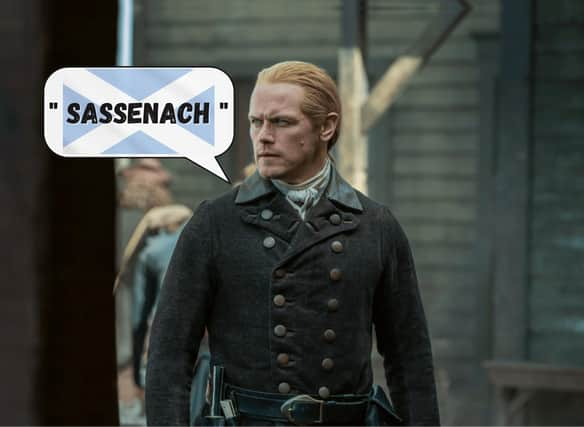Outlander season 7 has arrived but even long-time fans are confused by the Scottish vocabulary peppered throughout the show. If that includes you, we could say “dinna fash” (don’t worry) but will not because that is an example of the Scots language and today we’re tackling Scottish Gaelic.
As a staunch advocate of endangered Scottish languages, the series author Diana Gabaldon has expressed her desire to save the Celtic tongue through her writing and has been widely praised for her Gaelic inclusion.
For Valentine’s Day 2023, we compiled a list of romantic Gaelic phrases in Outlander for all the Jamie and Claire’s out there. Now, we’re covering a broader spectrum of Gaelic words which - hopefully - you can incorporate into your own vocabulary.
As Gaelic is far removed from English pronunciation, the phonetics in this article are only well-intended suggestions. We recommend websites like Learn Gaelic to help you sound out words like a native. That said, tiugainn teuchters (“chookin choochters”) i.e., let’s go Highlanders!
For Valentine’s Day 2023, we compiled a list of romantic Gaelic phrases in Outlander for all the Jamie and Claire’s out there. Now, we’re covering a broader spectrum of Gaelic words which - hopefully - you can incorporate into your own vocabulary.

13. Dougal (MacKenzie)
You could say that English and Scottish Gaelic have names ‘in common’ but the spelling and pronunciation of these names greatly differ from each other. For example, with Dougal the War Chieftain of Clan MacKenzie, his name is pronounced like “doool”. Photo: via WikiCommons


